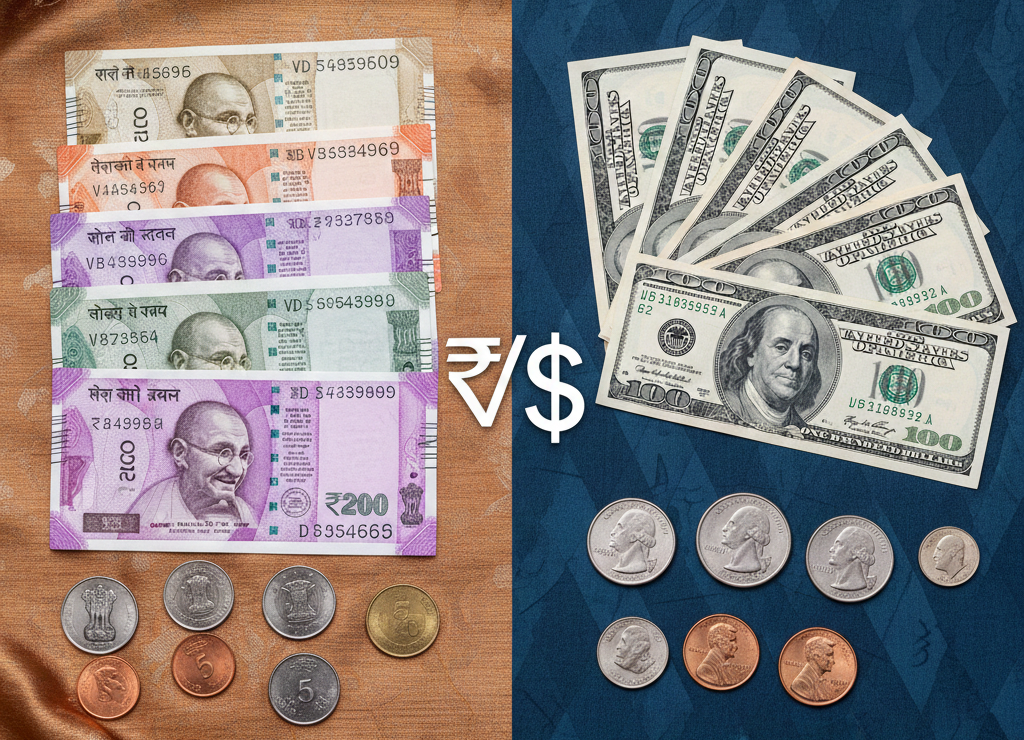The Sovereign Gold Bond (SGB) scheme, introduced by the Reserve Bank of India on behalf of the Government of India, has achieved a remarkable milestone today. According to the RBI, under the Government of India Notification dated October 6, 2017 (SGB 2017-18 Series VI, issued on November 6, 2017), each Gold Bond is redeemable after eight years from its issue date. Therefore, the final redemption date for this tranche is November 6, 2025.
The premature redemption price of the Sovereign Gold Bond (SGB) will be determined based on the simple average of the closing prices of 999-purity gold over the three business days preceding the redemption date, as published by the India Bullion and Jewellers Association Ltd (IBJA).
What is a Sovereign Gold Bond (SGB)?
Sovereign Gold Bonds provide investors with a fixed annual interest rate of 2.5%. Individual investors enjoy an exemption from capital gains tax when the bonds are redeemed at maturity. However, this exemption does not apply to companies, Hindu Undivided Families (HUFs), or others. Additionally, if an individual sells SGBs on the stock exchange before maturity, the capital gains tax exemption is not applicable. The interest earned on SGBs, however, is taxable for all investors.
What are the SGB 2017–18 Series VI Issue Price and Returns?
1. The Sovereign Gold Bond (SGB) 2017–18 Series VI was originally issued at ₹2,945 per gram for offline investors.
2. Investors who applied online and paid digitally received a ₹50 discount, bringing their issue price down to ₹2,895 per gram.
3. Based on the final redemption price of ₹12,066 per gram announced by the RBI, the bond delivers an absolute return of about 317% over its 8-year tenure.
4. In rupee terms, this translates to a gain of ₹9,171 per gram (₹12,066 – ₹2,895).
5.The simple return calculation is (9,171 ÷ 2,895) × 100 = 316.7%, excluding the interest earned during the period.
6. Additionally, SGBs offer a fixed annual interest rate of 2.5%, paid semi-annually to investors’ bank accounts.
7. The final interest instalment is credited along with the principal amount on maturity, providing both capital appreciation and periodic income to investors.
Impressive Returns For Long–Term SGB Investors?
Launched in 2017 at an issue price of ₹2,961 per gram, this Sovereign Gold Bond (SGB) series has delivered remarkable returns. With the final redemption price fixed at ₹12,066 per gram, investors are set to earn an absolute return of about 307% over the 8-year period.
Beyond the sharp rise in gold prices, SGB investors have also benefited from an additional 2.5% annual interest, paid semi-annually, on their initial investment. As a result, the total returns from this SGB tranche have outperformed physical gold and gold ETFs, offering both steady income and substantial capital appreciation.
What do investors need to do for the final redemption of SGBs?
Investors holding Sovereign Gold Bonds (SGBs) must carefully check the redemption schedule before maturity. Key steps include:
- Confirm the tranche of your bond by verifying the issue date.
- Submit your redemption request within the specified deadline mentioned in the schedule.
What are the Tax Implications of the Sovereign Gold Bonds?
Under the Income Tax Act, 1961, the interest earned on Sovereign Gold Bonds (SGBs) is fully taxable in the hands of the investor. This interest, paid at 2.5% per annum, must be declared under the head ‘Income from Other Sources’ while filing income tax returns and is taxed as per the investor’s applicable income tax slab.
However, investors pay no tax on the capital gains when they redeem the bonds at maturity. This makes SGBs a tax-efficient investment compared to physical gold or gold ETFs.
If the investor sells or transfers the bonds on a stock exchange before maturity, the capital gains from such a transaction are taxable, but investors can avail indexation benefits to reduce their long-term capital gains liability.
How much money will you get through the Sovereign Gold Scheme?
- The Reserve Bank of India (RBI) has clarified the method used to determine the redemption price for the Sovereign Gold Bond (SGB) Scheme.
- Officials calculate the price using the simple average of the closing gold prices (999 purity) from the three business days just before the redemption date.
- The India Bullion and Jewellers Association Ltd (IBJA) publishes gold prices and uses them as the standard reference for gold valuation in India.
- For the final redemption on November 6, 2025, the RBI has announced the redemption price at ₹12,066 per gram (Rupees Twelve Thousand and Sixty-Six only).
- This price is based on the average closing gold rates from October 31, November 3, and November 4, 2025, as per IBJA data.
- The calculation method ensures transparency and consistency in determining investor payouts, aligning the redemption value with current market prices for gold of the highest purity (999).
Key Points to Remember
- The estimated return is applicable only when the bond is held for the full 8-year term. Exiting early—such as after 5 years—or selling it in the secondary market may result in different returns.
- While SGBs offer a 2.5% fixed annual interest, most of the overall gain comes from the rise in gold prices over time.
- Since the government backs SGBs, they offer lower risk than many other gold investment options, though they still respond to fluctuations in gold prices.
- The scheme primarily targets resident Indian investors such as individuals, HUFs, and trusts, while non-residents are not eligible to invest.
FAQs
Q1. What is the SGB Redemption Price?
Ans. The redemption price of SGB 2018-19 Series-I is Rs 12,039 per unit based on the simple average of the closing price of gold for the three business days.
Q2. Is SGB Redemption Tax-Free?
Ans. Yes, the redemption of Sovereign Gold Bonds (SGBs) is completely tax-free if it occurs at maturity or through the RBI’s early redemption option available after five years.
Q3. What is the Next Issue Date for SGB 2025?
Ans. There will be no new Sovereign Gold Bond (SGB) issues in 2025, as the government has discontinued the launch of new series.
Q4. Where Can I Invest in Gold Apart from SGB in the Future?
Ans. Apart from SGBs, investors can choose Gold ETFs like SPDR Gold Shares (GLD) and iShares Gold Trust (IAU). These are liquid, low-cost, and tax-efficient ways to invest in gold without owning it physically.
Sources: zeenews







